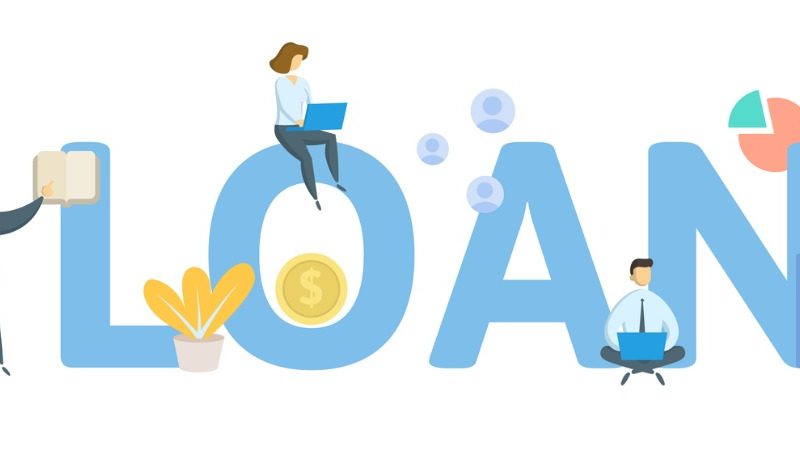What affects your credit score (and why it matters)
Your illion credit score via Credit Simple is a number between 1 and 1,000 that indicates how financially healthy and responsible you are, and how likely you are to pay your debts. Understanding how this score is calculated is crucial to improving your score, so you can get better deals from your bank, telco, insurance company and more. Here’s what affects your credit score:
- Defaulting on a payment, even if you eventually pay it. Even if it’s a day late, it’s considered a default. This sits on your record for five years. But having a default that’s paid up is better than having an outstanding debt, no matter how small. So if you have outstanding debts, get them cleared up.
- The credit accounts you have and whether you pay those on time or not. If you pay on time it will have a positive effect on your credit score. If you are late it will make your score lower.
- Court judgements. If a payment default goes to court, it’s recorded as a court judgement on your credit file. This is publicly available information that’s sourced from the courts. A judgement stays on your credit file for five years – and it looks pretty bad to potential creditors, landlords and employers who will be looking at your file.
- Defaulting on a payment that’s then referred to a debt collection agency. Again, this stays on your record for five years, even if you’ve paid the amount.
- Credit ‘enquiries’. A credit enquiry is a note on your file that shows you’ve made an application for credit. This shows you who has accessed your credit report (click here for more on privacy and your rights) but also works against you if you have too many enquiries; it makes you look like you desperately need credit and are therefore a bad risk.
- Moving house a lot, if you’re renting. Many landlords want to do credit checks on prospective tenants, so if your credit file shows you’ve been frequently moving tenancies, it looks like you’re a flight risk.
- Going through an insolvency process, such as bankruptcy or the No Asset Procedure. Insolvency records are publicly available without doing a credit check, but these also show up on your file.
- A partner defaulting, if you have joint accounts, loans, mortgages, utilities and so on. This is particularly worrying if you and your partner split; for example, if you leave the joint home and live elsewhere and your ex doesn’t pay the mortgage, it shows up as a default for both of you.
But here’s the good news. New Zealand now has ‘positive credit reporting’ – recording when someone pays their bills on time – so you can repair a bad score fairly quickly and set a new track record for financial responsibility on your file.
And having a good score means you’re in a great position to negotiate a better deal.
Why it matters
Your credit score and credit report is an indication of how financially healthy and responsible and reliable you are. A number of people will want to access your credit report.
- Landlords want to know if you have a history of paying bills on time, because it shows you’re able and likely to pay the rent.
- Utility companies such as telcos, electricity providers and insurance companies will do a credit check before they let you open up an account.
- And even employers may want to do a credit check before they hire you, especially if you’re in a position of responsibility or dealing with money.
- If you’ve got a bad credit report, banks may decide to give you a lower credit limit or a higher rate of interest, because you’re a bad risk for them.
It’s free, instant and easy to find out your credit score (and it won’t show up as a credit enquiry). Click here to do it now.
- Post Tags:
- credit score
Credit Simple
Credit Simple gives all Kiwis free access to their credit score, as well as their detailed credit report. See how your credit score compares by age, gender and community and gain valuable insights into what it all means.
All stories by: Credit Simple


